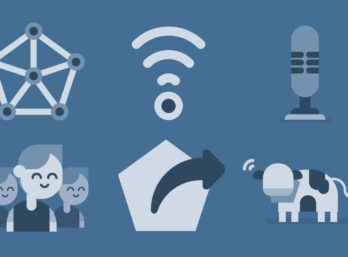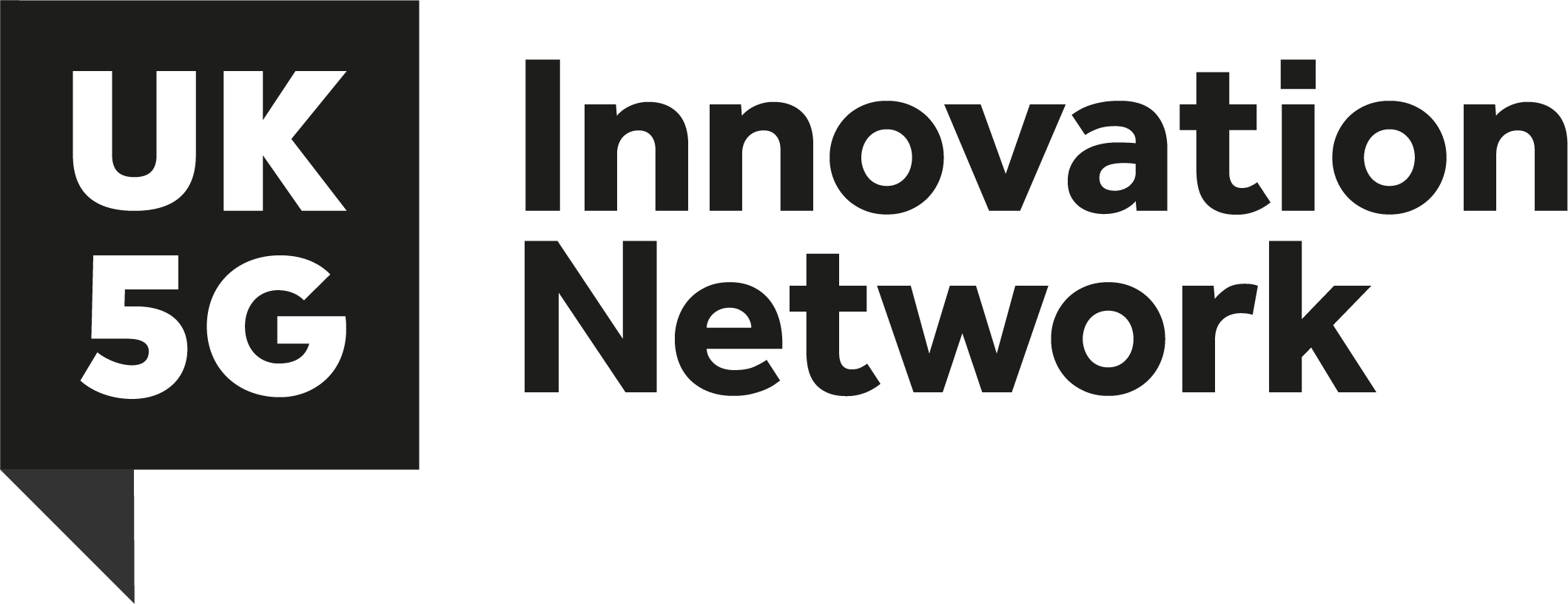Spectrum is a valuable, finite resource, and securing its optimal use is key to delivering significant benefits for UK citizens. Frequency bands are licenced nationwide by organisations such as MoD, or for civil aviation, rail networks and TV broadcast, or by mobile network operators.
These methods of spectrum allocation often lead to some frequency bands being unused in some locations or operate in such a way that the full potential isn’t realised. This is true for rural areas where it often doesn’t make economic sense for mobile network operators to deploy the infrastructure required to utilise their spectrum, on today’s business model, for just a few local or transient users. Sharing radio spectrum resources could allow unused spectrum in such rural locations, to be utilised to provide service.
Ofcom, the UK’s communications regulator, has voiced support for increased spectrum sharing, and the potential to develop new models of spectrum management based on a dynamic access model rather than an ownership model. This sharing can take place across the country, with licences for defined periods of time covering specific areas of the UK. The principles of this approach have already been adopted with other technologies. In the UK, for example, TV white space spectrum sharing is already in place.
Spectrum sharing will promote competition, encourage investment, innovation, and the availability and use of high-speed data transfers throughout the UK. Within the 5G RuralFirst project, we aim to investigate the feasibility of dynamic shared spectrum for 5G, particularly for rural areas. We will consider a model designating primary and secondary users of spectrum and access manage via a national database on spectrum allocations and availabilities.


